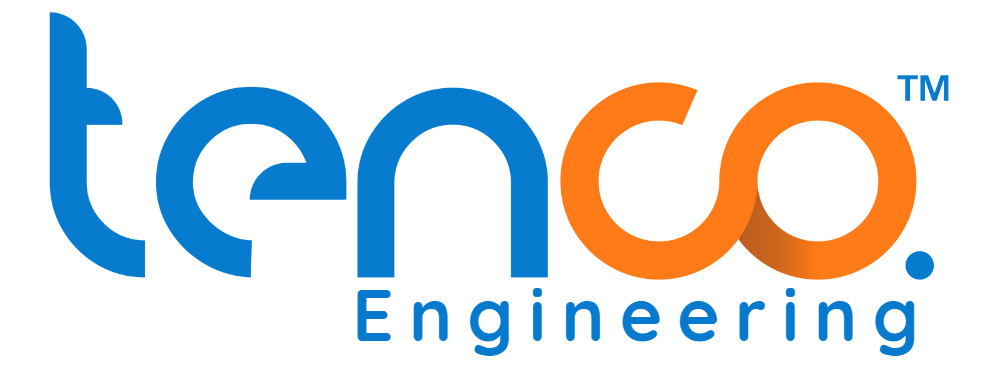Why Industrial Automation Matters (Especially in Karachi) Industrial automation is no longer a luxury — in cities like Karachi, it’s the bridge between survival and scalability. With rising costs and...
info@tencoengineering.pk
Call Us
+92 300 500 6839
Monday - Satday:
10am - 6pm
Schedule Site Survey

